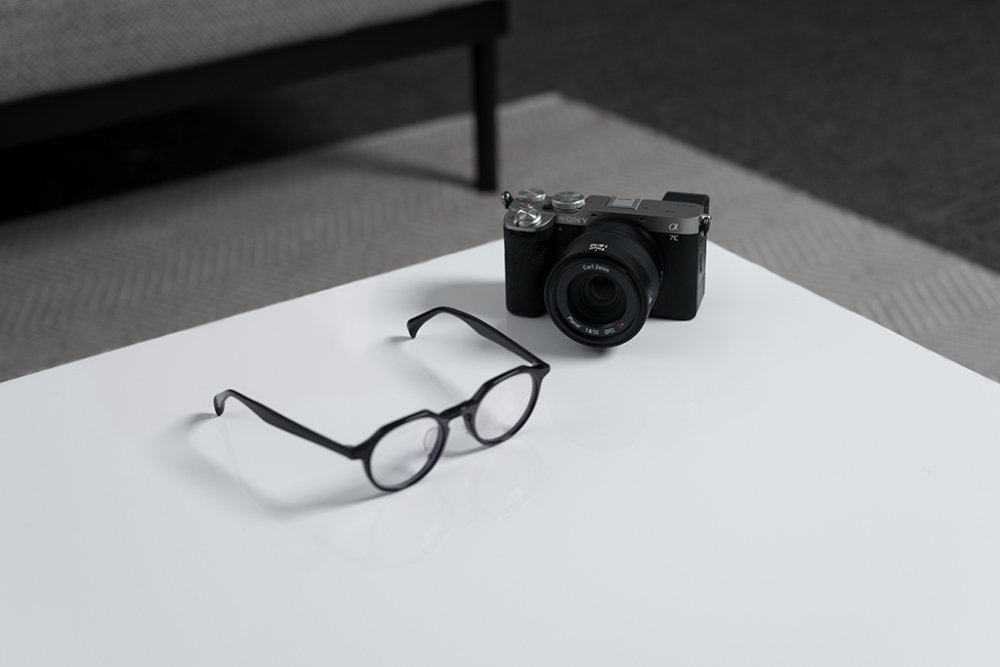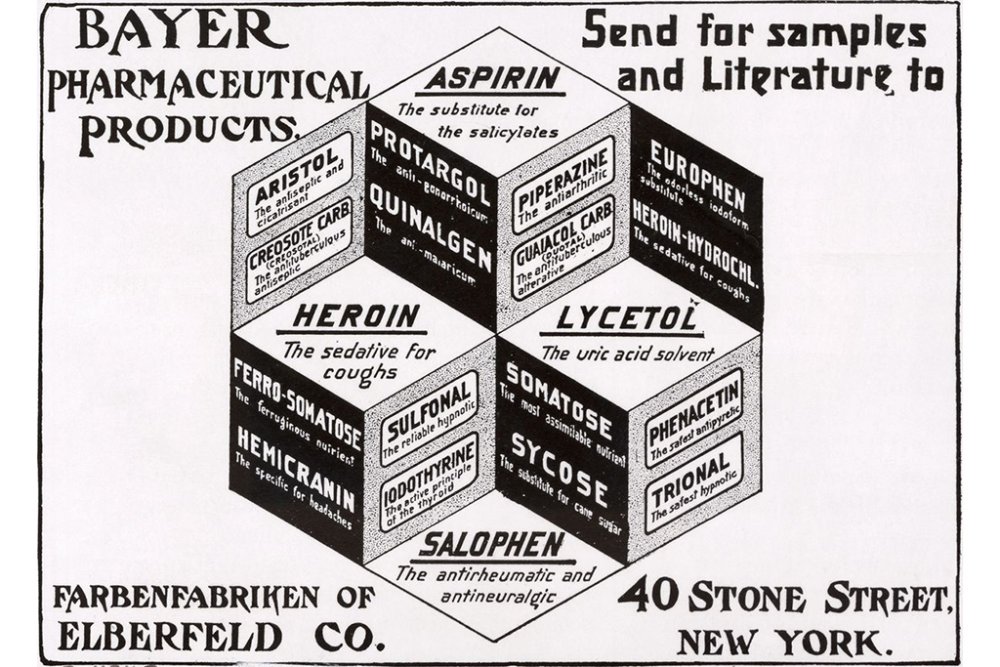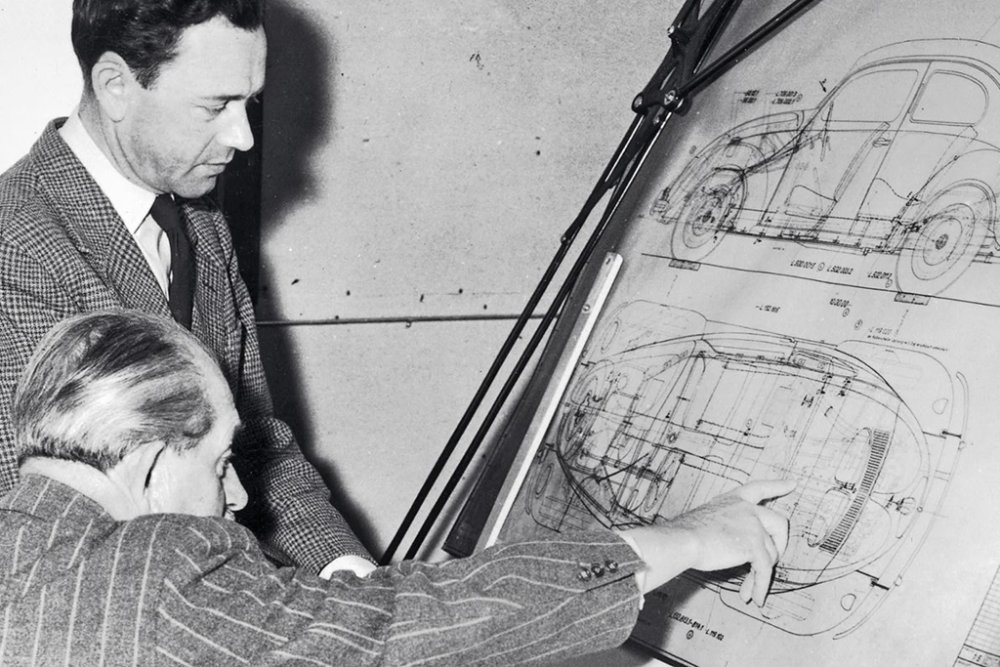Should we be concerned about the history of our favourite brands?
"To err is human. To forgive divine." - Alexander Pope
To take on a career in photography is to commit yourself to a lifetime of struggle against light and GAS. And recently I've been getting quite a severe bout of the latter.
No, I'm not talking about the flatulence that Julian is prone to letting fly in the office, but rather about Gear Acquisition Syndrome - the dangerous compulsion to get more equipment and better lenses in the (usually misplaced) assumption that they will make your photos better.
 For those interested, I'm planning to write about how one can manage this strange phenomenon in the coming months, but for now, let's just say recently I gave in to this horrible affliction and committed myself to some rather hefty (in the context of what pittance a writer/photographer can afford) purchases.
For those interested, I'm planning to write about how one can manage this strange phenomenon in the coming months, but for now, let's just say recently I gave in to this horrible affliction and committed myself to some rather hefty (in the context of what pittance a writer/photographer can afford) purchases.
One of these is this rather lovely piece of glass you see in the picture above (the body, unfortunately, belongs entirely to Sgcarmart).
It's a Zeiss Touit 32mm F1.8, and it's admired for the fact that it delivers images full of specular highlights, otherwise known as soap bubble bokeh. For those interested to know more about the lens, may I recommend this short film on the lens by GxAce?
But surviving on that aforementioned wafer-thin budget requires prudence, so some homework was necessary before I swung down with what little was left in my bank account to make this purchase.
And along the way, I stumbled across this other rather interesting video:
In the video, YouTube channel Overexposed highlights (excuse the pun) the role which Zeiss played in supporting the German war machine in the Second World War, as well its use of forced labour during the war to support its operations.
I'm sure the many automotive enthusiasts gathered here are also familiar with the fact that many of our beloved brands, including BMW, Mercedes-Benz, Mitsubishi, Porsche, alongside Renault, General Motors, Ford and Chrysler were also all involved (with varying degrees and levels of culpability) in the conflict.
Which brings me into today's topic of discussion: Should we be concerned about what our favourite brands do or have done?
 Opioids available for purchase - Let's remember that the standards of the past differ greatly from those of today
Opioids available for purchase - Let's remember that the standards of the past differ greatly from those of today
I'm sure many of you have heard about the McDonalds boycott currently ongoing in Malaysia. And I think it's not hard to see why there has been so much support for it.
The spectacular rise of global MNCs and the increasing embrace of neoliberal policies by many states in the last decades has, I'm certain, shifted the perceived perception of the global balance of power in favour of these global corporations at the expense of the state.
So, the common man, even if he/she may not articulate it as such, feels that his/her dollar has, more than ever, the ability to change the direction of current affairs more so than the cross he/she marks out at the voting booth.
 Carl Zeiss would eventually get split as either side of the Iron Curtain were eager to get their hands on the optical know-how that supported the German war machine (The half that ended in East Germany adopted this Carl Zeiss Jena name)
Carl Zeiss would eventually get split as either side of the Iron Curtain were eager to get their hands on the optical know-how that supported the German war machine (The half that ended in East Germany adopted this Carl Zeiss Jena name)
But an ongoing conflict is entirely different from one that has happened in the past. And this, I think, is an important distinction that needs to be made.
I'm all for putting an end to the bloodshed in Palestine (even though the realist in me would like to borrow from that famous line from Arthur Koestler to say that just as the beating of war drums have reverberated all through the history of mankind, this is likely one of those conflicts that was stay with us for the foreseeable future), but the idea that we should abstain from a firm's products because of its involvement in atrocities of the past looks, frankly, a little absurd.
Let's get real. A business is out there to make a profit - whether it be to fatten a greedy owner, or to tease the pockets of its diligent employees - and it will make decisions that are in its own best interests, even if they may be morally questionable.
And yes, you can argue that we should expect more out of the corporations that now play such a huge role in global affairs. But I retort with this: Let’s not act as if we are, as individuals, are such great arbiters of right or wrong to begin with.
Perhaps a bit of reading about the Milgram experiment will convince those unpersuaded by my point here.
 That may be a Beetle in the diagram, but Ferdinand Porsche (pictured, lower left) was also responsible for the development of some of the tanks of the German war machine
That may be a Beetle in the diagram, but Ferdinand Porsche (pictured, lower left) was also responsible for the development of some of the tanks of the German war machine
The reality is, Man can be compelled to do silly and even reprehensible things whether it be in in the name of duty, patriotism, or perhaps even by sheer simple greed (and hence Koestler's observation that conflict has followed through all the history of mankind). And like it or not, it's these same everyday men and women that lead businesses. So expect corporations to make mistakes, to err, and to falter. And expect them to continue to make embarrassing decisions.
But don't get yourself too caught up with what any firm has done in the past, or abstain from any product just because of the mistakes of a few past business leaders. Life is short, and the threat of conflict is never non-existent, so you might as well go out there and enjoy the moment. Go out there and buy that Mercedes-Benz or BMW, or that Zeiss or Hugo Boss that you've been eyeing.
But if you want to afford many nice things, don't take on a job with any firm as a writer or a photographer.
- Clarence
Images courtesy of Wikipedia Commons, Porsche Newsroom


0 Comments
Recommended Comments
There are no comments to display.
Create an account or sign in to comment
You need to be a member in order to leave a comment
Create an account
Sign up for a new account in our community. It's easy!
Register a new accountSign in
Already have an account? Sign in here.
Sign In Now